International
Guantánamo expresses criticize its use to detain migrants: “It’s a black hole”
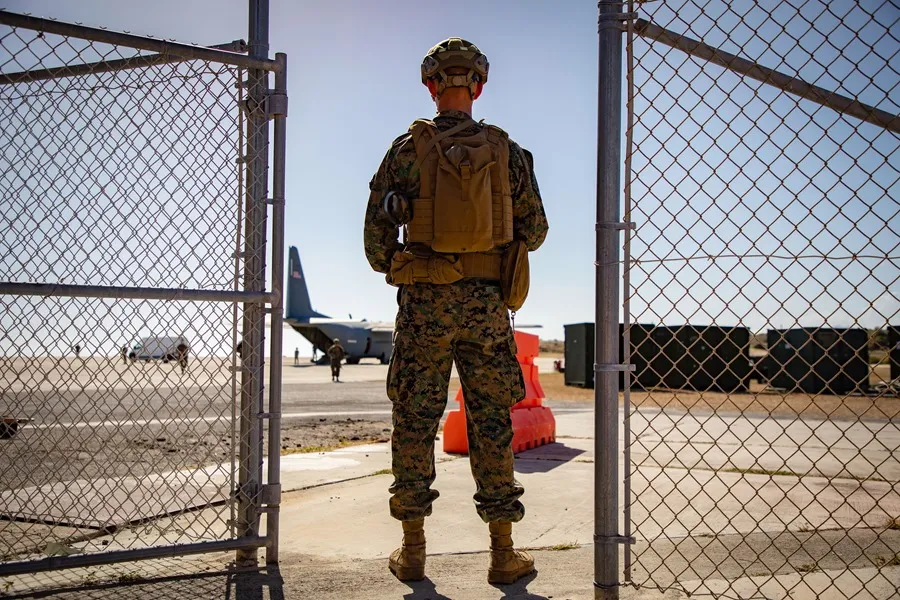
The Yemeni Mansoor Adayfi spent 14 years in Guantánamo and ended up released without charges. Along with him, 15 other former inmates criticize that the Donald Trump Administration has expanded the use of the naval base to detain undocumented migrants: “No one deserves to be thrown into a system created to erase them,” they say in an open letter.
“Guantánamo is not just a prison: it is a place where the law is deformed, dignity is stripped of and suffering is hidden behind barbed wires. We live it. We know the metallic noise of the doors, the weight of the shackles and the silence of a world that looked away,” says that letter to which EFE had exclusive access.
The letter is promoted by Adayfi, coordinator of the Guantánamo Project within CAGE International.
Guantánamo, as he adds in an interview with EFE, “is a black hole. It can’t be called a prison or detention center because that means there are certain rights.”
Therefore, in his opinion, we should not focus on the treatment that newcomers may have, but on why they send them there in the first place and stop it: “Guantánamo is one of the greatest human rights violations of the 21st century,” he emphasizes from Serbia.
Its London-based organization says it challenges the “state oppression” inspired by the “War on Terrorism” launched after the September 11, 2001 attacks in the United States. (11S), where about 3,000 people died.
CAGE International defends the right to due process and in the past has criticized attempts to tarnish its reputation for the cases it leads.
Trump made the decision to expand the use of Guantánamo on January 29 with an executive order to enable 30,000 beds at that naval base in Cuba for undocumented migrants.
The Immigration and Customs Enforcement Service (ICE) has been operating there for years a detention center managed independently of the prison for suspected jihadism, but until now it had only received a limited number of people intercepted at sea, mostly from Haiti and Cuba.
“This order not only allows injustice, it guarantees it. Detaining migrants in Guantánamo denies them constitutional protections, trapping them in the same legal limbo that we endure. This deliberate ambiguity allows abuse, just as it happened with us. We know firsthand what happens with a system designed to break people,” say the former hostages.
Among them are the Moroccan Ahmed Errachidi, the Algerians Lakhdar Boumediene and Sufyian Barhoumi, the Tunisian Hisham Sliti or the British Tarek Dergoul, Moazzam Begg, all repatriated without charges.
For the signatory group, sending migrants to Guantánamo is not a matter of security.
“It’s about power and control and using the darkness of Guantánamo to hide another injustice,” they add.
Earlier this month, a group of 15 human rights organizations, including the American Civil Liberties Union (ACLU), actually asked the Government for access to migrants sent there, denouncing a lack of transparency about their legal situation.
The first prisoners arrived in Guantánamo in 2002, as part of that ‘War on Terrorism’ launched by former Republican President George W. Bush (2001 – 2009) after 11S. Of the nearly 780 that there were, there are 15, of which only two are convicted.
For the ex-prisoners who support the letter, not closing that prison or taking into account its legacy has allowed both injustices to continue and “its expansion.”
Trump promised to send there “the worst illegal criminal immigrants who are a threat to the American people.”
“We refuse to allow others to be swallowed by the same nightmare that we endure. No one deserves to be thrown into a system created to erase them. We will not stop talking or fighting. We will not allow the horrors of Guantánamo to be repeated,” say the former inmates.
His message is clear. Not only do they want the prison to be closed and the executive order revoked, they also warn the Trump Administration that justice will be done. “Someday he will be accountable.”
International
Colombia: Search continues for missing limb of italian scientist found dismembered
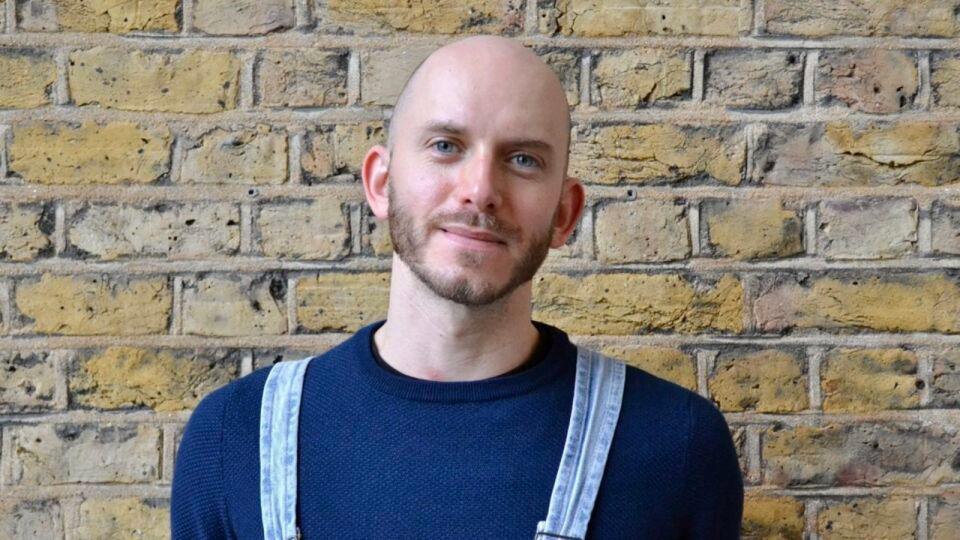
Rescue teams and Colombian authorities continued their search on Tuesday for the missing left leg of Italian biologist Alessandro Coatti, whose dismembered body was found in the Caribbean city of Santa Marta.
Coatti, 42, was a molecular biologist who had been traveling through South America after working for eight years at the Royal Society of Biology (RSB) in London.
He had been staying in a hotel in Santa Marta since April 3 and was later reported missing. His dismembered body began to be discovered on April 6, when parts were found inside a suitcase abandoned near a football stadium in an area known as Bureche.
“We’re conducting the search along the riverbanks and in the water to identify possible spots where, due to the river’s current, the missing left leg might be located,” Karlotz Omaña García, director of the Magdalena Civil Defense, told The Associated Press. Despite covering a 500-meter radius, the limb was not found.
Authorities have not named any suspects or shared possible motives. A reward of more than $11,000 has been offered for information leading to those responsible for the foreign scientist’s murder.
Police continue to reconstruct Coatti’s final movements. According to Colonel Jaime Ríos, head of the Santa Marta Metropolitan Police, the Italian biologist arrived in Colombia in January and had visited several locations, including Medellín, before traveling to Santa Marta.
Security footage shows Coatti was in downtown Santa Marta the night before his body was found, the colonel added.
Santa Marta, a popular Caribbean tourist destination, is known for its clear beaches. Police believe Coatti may also have visited Tayrona Park, a protected coastal area located about 34 kilometers (21 miles) from the city center.
International
MPV Denounces Electoral Blockade as Secretary-General is Disqualified for May Elections
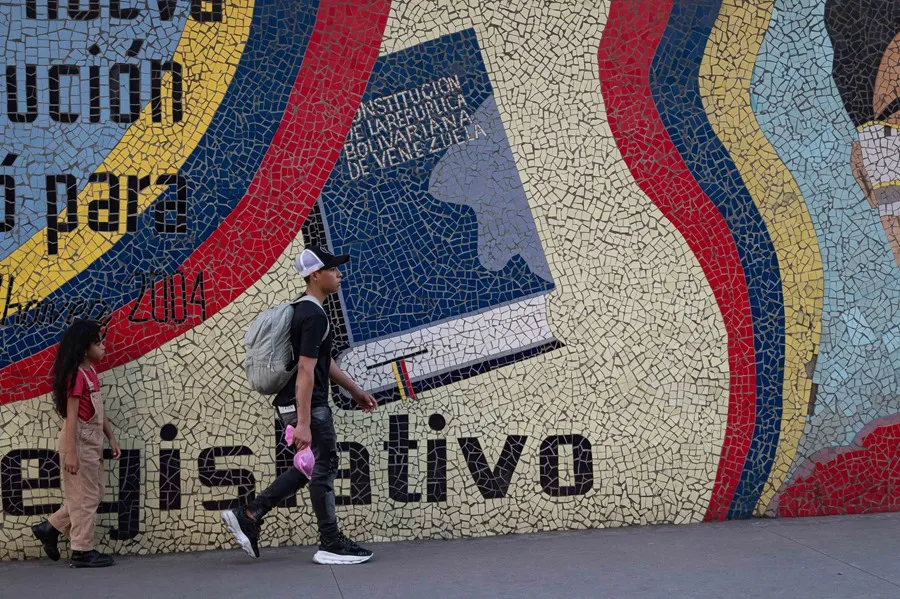
The anti-Chavista party Movement for Venezuela (MPV) denounced on Monday that it was “prevented” from submitting its candidates for the regional and legislative elections on May 25, elections rejected by opposition leaders Edmundo González Urrutia and María Corina Machado.
“MPV, being an active and recognized party in the National Electoral Council (CNE), was prevented from submitting candidates for the current electoral process,” stated the political group through a communiqué on X.
Additionally, the group denounced that its Secretary-General, Simón Calzadilla, was “suddenly disqualified,” as the opposition leader warned last Friday. He also explained that he attempted to access the CNE’s automated candidate submission system but, as he added, the portal showed that he was not authorized to create a user and submit the MPV candidates.
For the party, its “strong decision” to participate in the May elections “highlighted the true nature of this electoral process,” which it described as “extremely flawed.”
International
Maduro Plans Major Workers’ March on May 1st to Defend Venezuela’s Freedom
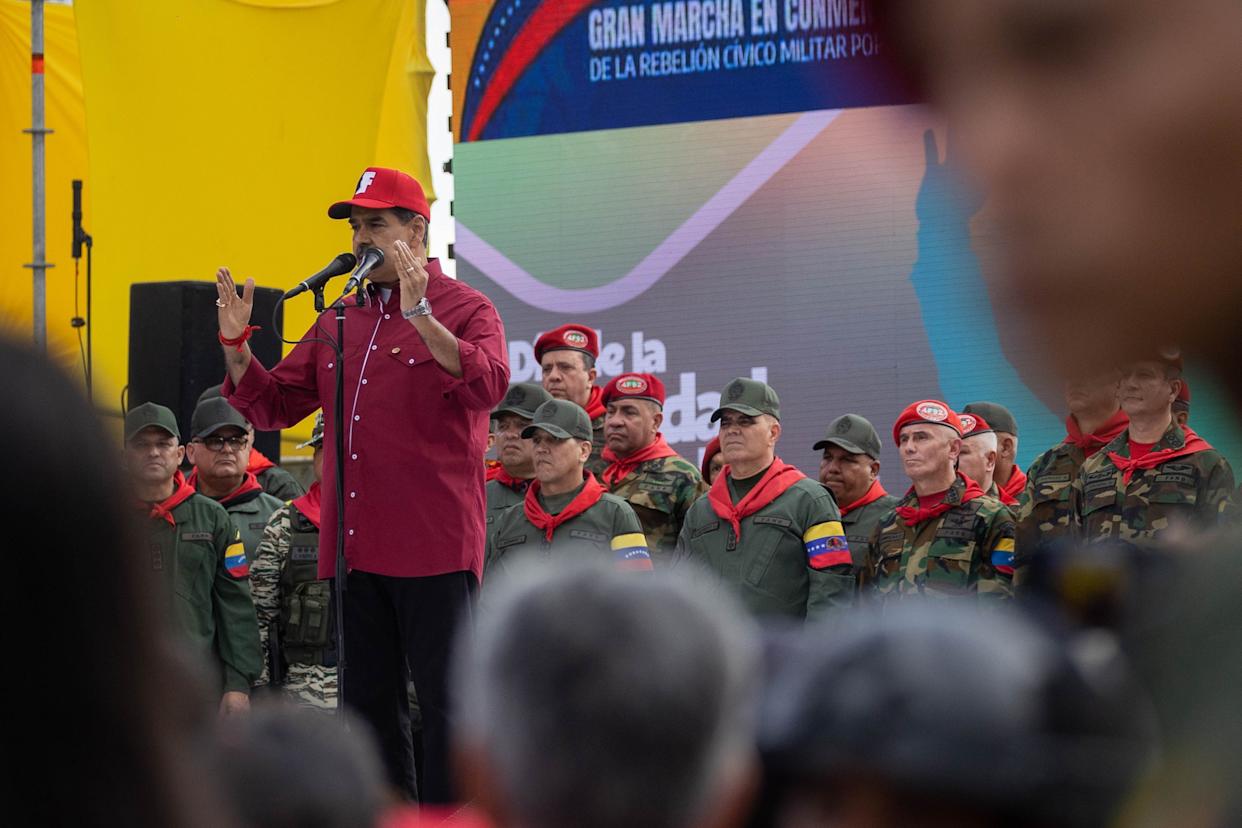
Nicolás Maduro, who swore in for a third term in January following his controversial re-election, called on Monday for the “working class” and the “armed people” to gather for a concentration on May 1st for peace, as part of the celebration of International Workers’ Day.
“Let’s have a powerful march of the working class, the combat bodies, and the Bolivarian National Militia in all the cities of the country, from end to end, working class and armed people in the streets shouting for peace,” said the chavista leader in a broadcast on the state channel Venezolana de Televisión (VTV), surrounded by military authorities.
He also stated that Venezuela is more armed than “ever” to “defend the sacred dream of a free homeland, the sacred soil of a heroic land, Venezuela.”
Maduro called on all military personnel to “stay in shape” with a “deployment capacity” and also to have “a very clear view of the entire national territory.”
-
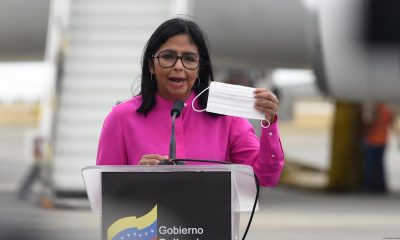
 International3 days ago
International3 days agoVenezuela accuses Guyana of “warlike intentions” after UK defense deal
-

 Central America4 days ago
Central America4 days agoSpanish Ex-Congresswoman Calls for ‘Bukele-Style’ Security Policies in Europe
-
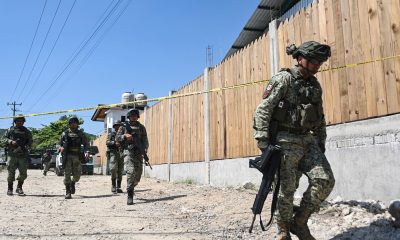
 International4 days ago
International4 days agoTrump Authorizes Military to Take Control of Federal Land Along U.S.-Mexico Border
-

 International3 days ago
International3 days agoNightclub Collapse in Dominican Republic Claims 226 Lives
-

 Central America2 days ago
Central America2 days agoHonduran Police Offer $135K for Tips Leading to the Arrest of Romeo Vásquez
-

 International2 days ago
International2 days agoMaduro Plans Major Workers’ March on May 1st to Defend Venezuela’s Freedom
-

 Central America18 hours ago
Central America18 hours agoPetro questions Ecuador’s vote, cites reports of military control and arrests
-

 International2 days ago
International2 days agoMPV Denounces Electoral Blockade as Secretary-General is Disqualified for May Elections
-

 International18 hours ago
International18 hours agoColombia: Search continues for missing limb of italian scientist found dismembered















